New rights for workers and concerns around tax: how the upcoming changes to employment law will affect performers in the UK.
The Labour government is in the process of changing rights for workers in the biggest shake-up of employment law in decades. The government has already introduced legislation to increase the rights of workers in the Employment Rights Bill. However, the government has also proposed streamlining the definition of ‘worker’ so that as many workers as possible will have access to these new rights when they are implemented.
However, changing the definition of workers raises a concern for performers who are ‘dual status’. Being dual status means that performers are ‘employed’ for the purpose of employment rights and National Insurance (classes 2 and 4) but are self-employed for tax purposes. Performers are the only workers in the UK to hold this unique classification.
As the government moves to streamline the workers classifications to ensure that as many people working in the UK can access the new rights provided for in the Employment Rights Act, it’s possible that performers will be reclassified as ‘workers only’ and they will lose the separate classification for tax. Therefore, they may lose the financial benefits this classification brings them, a change that could potentially financially exclude many performers from the industry.
To highlight this issue, Spotlight has been in conversation with the Departments for Business and Trade, and Culture, Media and Sport to ensure that the dual status is factored into conversations around this second stage of the Labour government’s efforts to change employment law in the UK.
Why Being ‘Dual Status’ Matters?
In 1993, the A. D. McCowen and S. A. West V The Commissioners of Inland Revenue case set out how HMRC would treat performers when it came to employment rights and tax. As a performer has to take steps to build a business and incur the costs of maintaining their business beyond attending rehearsals and performances, it was successfully argued that they should be able to claim business expenses against tax. This is because there’s a real risk that performers will incur financial losses as they grow their business. The landmark case was supported by the whole sector, which funded it and lobbied for the government to recognise how actors work in our industry and so, the dual status classification was introduced.
The dual status classification is applied only to performers and it recognises their itinerant pattern of work:
- A number of separate engagements that may be consecutive or concurrent
- Periods of unemployment
- A requirement to do activities in their own time, such as learning lines or new skills
Being dual status ensures performers can invest in their business to help it grow without having to absorb all of those costs as they expand and develop their skills and experience.
Business expenses that can be claimed back against tax include:
- Agents’ and managers’ fees
- Agents’ books
- Travel expenses to and from interviews or auditions
- Training and skills boosts
- The cost of Spotlight and Equity subscriptions.
These are all business costs necessary to sustain and grow that individual performer’s value and to keep their development relevant to the industry.
In addition, at present, performers are legally allowed to be employed in part-time work (for example, within the service industry or as a teacher), and still protect their dual status as a performer. This allows them to financially support themselves when necessary as they develop and grow as a performer until that work can be their sole income.
The industry has lobbied hard to protect performers’ dual status for tax and National Insurance to ensure they could weather periods of unemployment without having to compromise on their ambitions.
After many years of ongoing conversations about why and how this works for performers, HMRC now has extensive guidance on its website recognising the unique way actors work and how that applies to tax.
What Would be the Impact on Performers When the Employment Rights Change?
The reason for the reclassification of workers is, on the whole, a positive one. It opens up access to benefits such as sick pay, maternity/paternity leave, and protection against unfair dismissal and is a policy that we welcome. It’s important that actors gain those rights.
However, as that change happens, the status quo of self-employed for tax must also carry over. As much as it’s important for the financial viability and sustainability of careers in acting, it’s also important to the industry because it ensures diversity on our stages and screens. Without retaining the dual status, performers will be financially worse off. Those from working-class backgrounds or groups that are already under-represented could be effectively financially excluded from the sector as they may struggle to support themselves between roles or afford the resources needed to maintain and develop their skills to remain relevant.
Simply put, being able to claim back tax helps performers to offset the costs necessary to grow their business when they may not have access to family wealth to tide them over. This should not be a reason someone does not get to choose to be a performer or why the sector loses out on showcasing the fantastic range of talent we have in this country.
What is Spotlight Doing to Help Highlight the Importance of Dual Status to the Government?
While the intention behind the government’s policy change is very positive, if the dual status is not protected as those changes take place there’s a risk of unintentional damage to the cultural ecosystem and this must be prevented.
Spotlight is committed to making performing careers as sustainable and accessible as possible to everyone, regardless of their financial status. We want to see ongoing protections in place so performers have the flexibility they need to be creatively free whilst growing their business.
Spotlight has been briefing parties and partners about the potential impact on the creative sector. We submitted a joint letter to the Labour government in July 2024 in conjunction with those partners. We’re monitoring the second stage of the employment rights changes over the summer and into the new year and will work with partners in the sector to make sure this vital provision is protected as those new rights take effect.
The government is committed to consulting on the changes before introducing legislation and performers’ voices must be heard on this matter, so we’ll be encouraging our partners and subscribers to respond to the consultation when the time comes.





